The Role of Roustabout in Oil Field: What Are Their Responsibilities and the Challenges They Have Faced
The oil and gas industry is a complicated and highly specialized industry that relies on a wide range of people to keep things operating properly. While engineers, geologists, and executives frequently get the attention, it’s important not to ignore the unsung heroes of the oilfield – the roustabouts. These industrious employees are the oil and gas industry’s backbone, ensuring that everything functions smoothly from drilling to output. In this post, we’ll delve into the world of the roustabout in oil field, looking at their roles, problems, and contributions to this crucial industry.
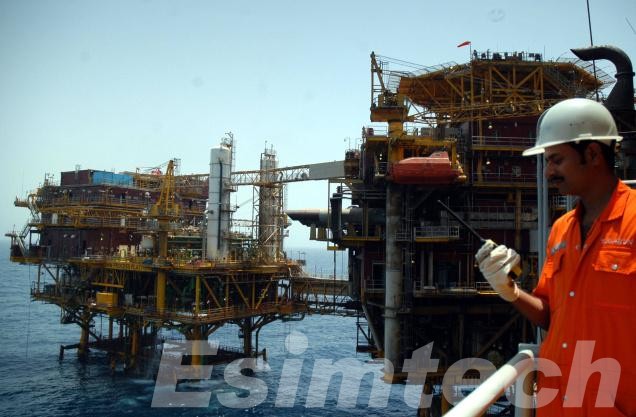
Who is the Roustabout in Oil Field
Roustabouts are the oil and gas industry’s unsung heroes. They are entry-level employees who execute a variety of manual labor duties to assist drilling and production operations. Roustabouts operate in some of the roughest and most difficult situations on the planet, including on offshore platforms, in remote areas, and in extreme weather.
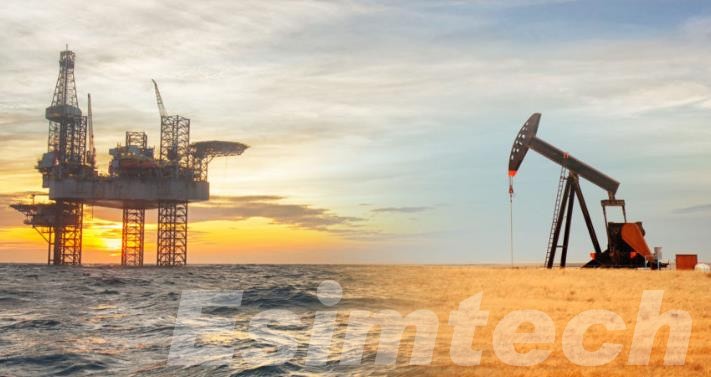
What are the Responsibilities of the Roustabout in Oil Field
Equipment Handling and Maintenance
Roustabouts are in charge of handling, maintaining, and repairing various types of drilling and manufacturing equipment and machinery. Pumps, valves, generators, compressors, and other oilfield equipment are included.
Pipe and Tubing Handling
They are frequently responsible with the handling, transportation, and installation of pipes, tubing, and other well drilling and production supplies. This includes hauling large pipes, attaching fittings, and assuring appropriate equipment alignment.
Deck Operations
Roughtabouts work on the deck of offshore drilling platforms, constructing and disassembling drilling equipment, securing cargo, and assisting in the transit of goods and supplies between the platform and supply vessels.
Rigging and Lifting
The roustabouts are in charge of rigging and lifting operations, which include the setup and maintenance of rigging equipment, cranes, and hoists. This equipment is used to transport heavy equipments and supplies to various areas on the drilling site.
Cleaning and Painting
Maintaining a clean and orderly work environment is critical for safety and the longevity of equipment. Roustabouts frequently undertake cleaning duties such as pressure washing, scrubbing, and painting to prevent corrosion and maintain a safe working environment.
Spill Response and Cleanup
In the event of a spill or leak, the roustabout may be called in to help with emergency response and cleanup. They work to contain spills, recover spilled materials, and assist in mitigating the environmental impact.
General Labor
Roustabouts handle a variety of general labor tasks, including setting up and breaking down work areas, assisting other crew members, and performing manual labor as needed to support drilling and production operations.
Material Inventory
They are in charge of inventory and supplies, ensuring that enough materials and equipment are available for continuing operations. This includes keeping correct records and contacting supervisors when reordering is required.
Safety Compliance
Roustabouts must closely follow safety standards and procedures in order to reduce the possibility of accidents and injuries. This involves wearing personal protective equipment, attending safety meetings, and promptly reporting any safety dangers or occurrences.
Environmental Compliance
Roustabouts may also be required to ensure that drilling and production activities comply with environmental rules. This involves proper garbage disposal and adherence to environmental protection procedures.
Assisting Skilled Workers
Roustabouts frequently work alongside more experienced and specialized oilfield staff, assisting engineers, drillers, and other specialists.
Training and Development
Many roustabouts use this entry-level role as a springboard to higher-level positions in the oil and gas business. They may be given instruction and direction to help them gain specialized skills and expertise over time.
A training system for oil and gas simulation is based on petroleum engineering and petroleum equipment. The purpose of oil and gas simulator training system is to assist roustabouts in conducting training in various sections of the petroleum business. Rig installation, well logging, oil and gas gathering and transportation, fracturing and acidizing, coiled tubing, drilling well control, oil and gas production, transportation, downhole operations, emergency drills, and other topics are covered.
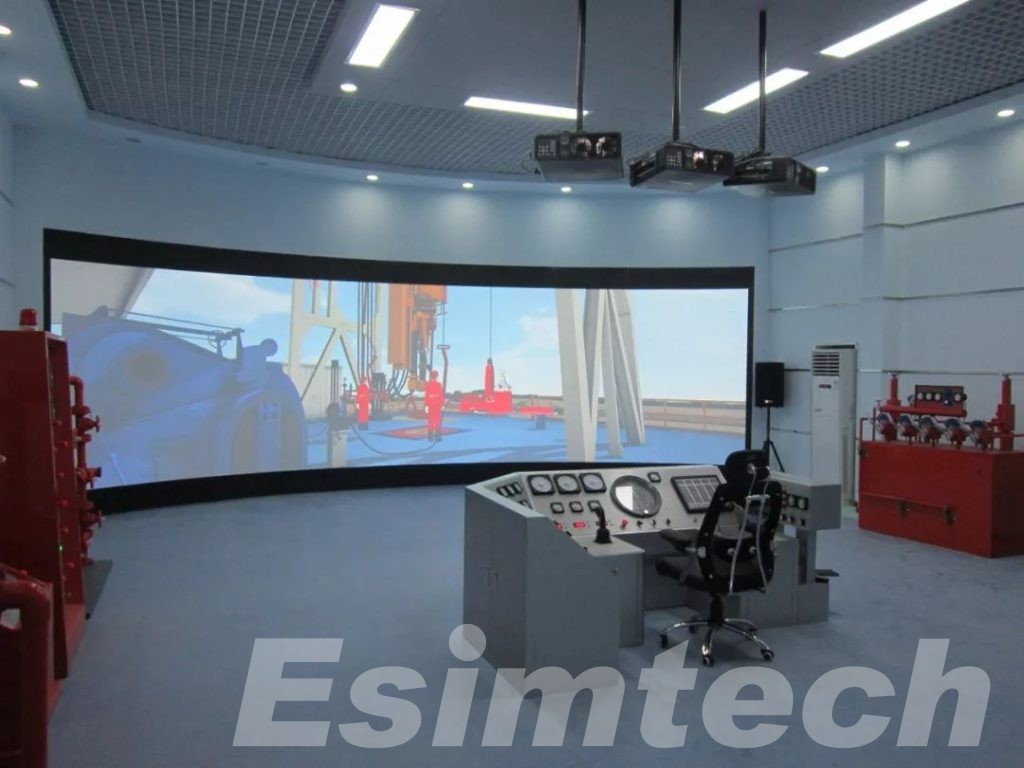
What are the Challenges Faced by the Roustabout in Oil Field
Roustabouts face a variety of challenges on a daily basis, which can make their jobs hard and challenging at times.
Harsh Working Conditions
Roustabouts frequently labor in adverse weather conditions, which can range from blistering heat in the desert to freezing cold in the Arctic. These circumstances can make their job physically difficult and unpleasant.
Long Hours
The roustabout usually perform 12-hour shifts, seven days a week, especially during drilling operations. This lengthy work schedule might cause exhaustion and pressure in one’s home life.
Remote Locations
Oil and gas operations are frequently located in outlying areas, away from cities and towns. Roustabouts may be gone for weeks or even months at a time, which can cause feelings of isolation and homesickness.
Safety Risks
Working with heavy machinery and equipment in hazardous conditions poses significant safety risks. Roustabouts must be vigilant and follow strict safety protocols to minimize the risk of oil accidents.

Physical Demands
The job requires physical strength and stamina, as roustabouts frequently lift heavy objects, climb ladders and scaffolds, and perform physically demanding tasks. This physical strain can take a toll on their bodies over time.
Rotational Work
Many roustabouts work on a rotational schedule, which consists of long periods of continuous work followed by times of rest. While this schedule allows for more vacation time, it can also disturb typical sleep habits and cause inconsistent routines.
Lack of Privacy
Living and working in close quarters with coworkers on offshore drilling platforms or distant sites can result in a lack of personal space and privacy, which can be difficult for some people.
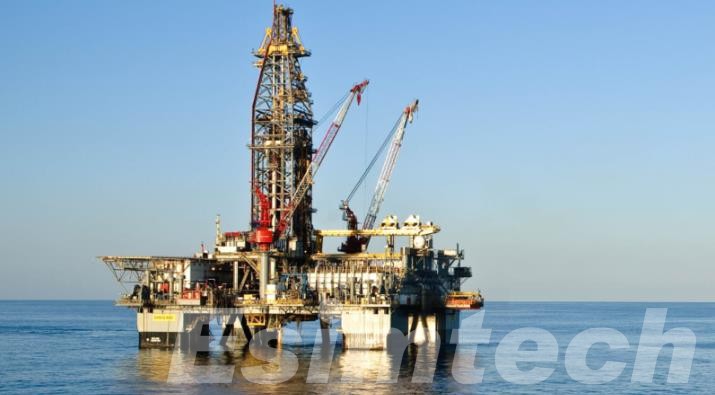
Environmental Impact
The environmental impact of the oil and gas industry is a major concern. Roustabouts may be involved in spill response and cleanup activities, which can be physically and emotionally demanding.
Career Advancement
While many roustabouts begin their employment at the entry level, opportunities for progression and skill development are critical. Some may face challenges in advancing their careers due to the competitive nature of the industry.
Mental Health
Long hours, loneliness, and the physical demands of the job can all contribute to stress and mental health issues for roustabouts. Managing these problems when working in remote locations might be very difficult.
What are the Contributions Made By the Roustabout in Oil Field to the Oil and Gas Industry
Even if their duties are not always obvious, roustabouts make major contributions to the oil and gas industry. Their efforts are critical to the overall performance and efficiency of the industry.
Operational Efficiency
Roustabouts ensure that drilling and production operations run smoothly by handling the essential manual labor tasks that keep the industry operational.
Due to the high cost of drilling equipment and the hazardous environment on the construction site, other personnel, in addition to production professionals, are not permitted to access and enter the oil drilling production site.
A 3D drilling and well control simulator can now be utilized to maximize drilling performance by modeling various drilling techniques and parameters, allowing roustabouts to analyze and alter drilling parameters in real-time. It can assist roustabouts in better understanding the wellbore’s behavior and making more educated judgments about the drilling operation.
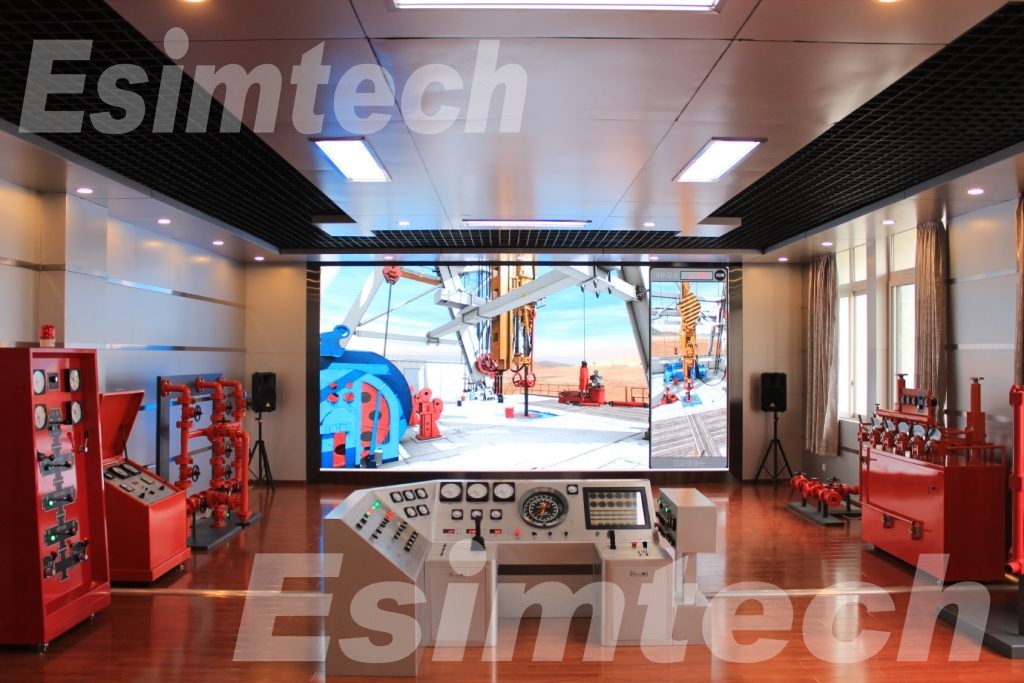
Cost Efficiency
Roustabouts help oil and gas businesses control labor expenses by completing a variety of physical labor duties. Their adaptability enables businesses to keep a trained workforce while reducing personnel costs.
Emergency Response
The Roustabout is often among the first responders in the event of accidents, equipment failures, or emergencies on the job site. Their ability to react quickly and effectively can help prevent more significant incidents and minimize damage.
Conclusion
Roustabouts are the unsung heroes of the oil and gas industry, carrying out critical jobs that keep the industry running. Their dedication, hard effort, and fortitude in the face of adversity demonstrate their critical role in the industry’s success. While their efforts are frequently overlooked, it is critical to acknowledge and value the contributions of roustabouts in the oilfield, as they constitute the genuine backbone of this key business.

